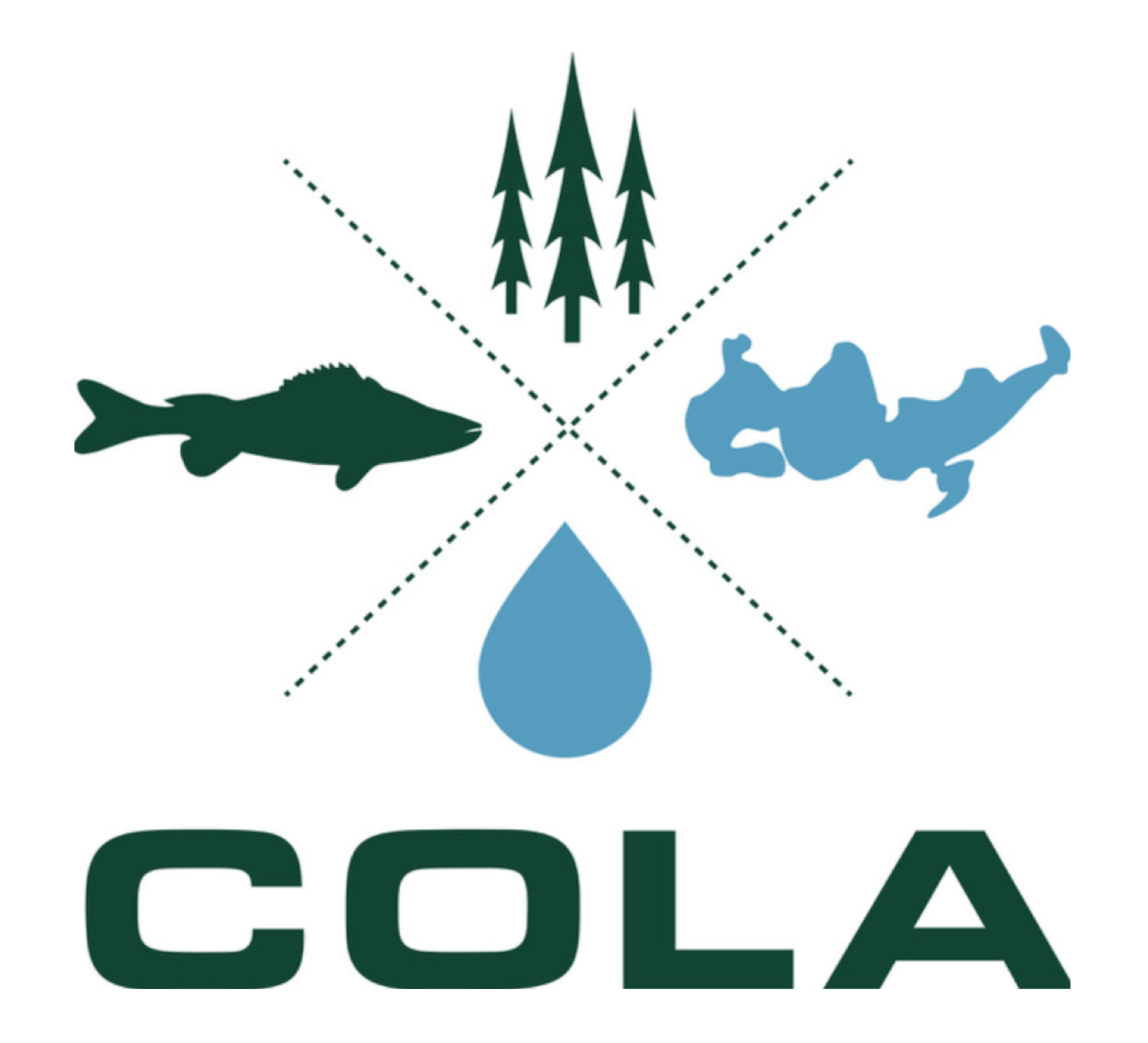HAYWARD, Wisconsin (February 29, 2024). Courte Oreilles Lakes Association, Inc. (COLA) and the Lac Courte Oreilles Band of the Lake Superior Chippewa (LCO Tribe) commenced a citizen lawsuit on February 28, 2024, under the Federal Clean Water Act (CWA) in Federal District Court in Madison, Wisconsin, against the Zawistowski cranberry operation to stop unpermitted discharges of phosphorus, a recognized pollutant under the CWA, through point sources, such as canals and ditches, into Lac Courte Oreilles (LCO), an Outstanding Resource Water, which is a unique designation that applies to fewer than 1% of lakes in Wisconsin.
Unfortunately, COLA and the LCO Tribe are forced to take this action because the Zawistowski cranberry operation has rejected all of COLA’s offers to assist the operation in addressing this problem, including $100,000 to install a closed system consistent with cranberry operation best management practices.
“It is unfortunate that it has come to this,” said Chris Bedwell, the president of COLA. “With the Zawistowski cranberry operation’s refusal to reduce its phosphorus to levels that are sustainable for the lake and to work with COLA and the LCO Tribe on this issue, COLA and the LCO Tribe have no choice but to commence the citizen suit under the CWA. Nothing less than the recreational use of LCO, its sport fishery, property values, and the Tribe’s spiritual, cultural, and subsistence use of the lake are at stake.”
Learn more about COLA’s efforts to protect the water quality of Lac Courte Oreilles—the fifth-largest natural lake in Wisconsin at 5,039 acres, and a rare, two-story, cold-water fishery. As part of this goal, COLA is committed to helping provide the science and lead the way in reducing pollution, to serve not only Lac Courte Oreilles and its watershed, but also other Wisconsin lakes and the organizations that support them. Visit www.cola-wi.org for more information.
Contact:
Alf Sivertson, alf.sivertson@sivbar.com, 651/778-0575
Christa Westerberg, cwesterberg@pinesbach.com, 608/251-0101

